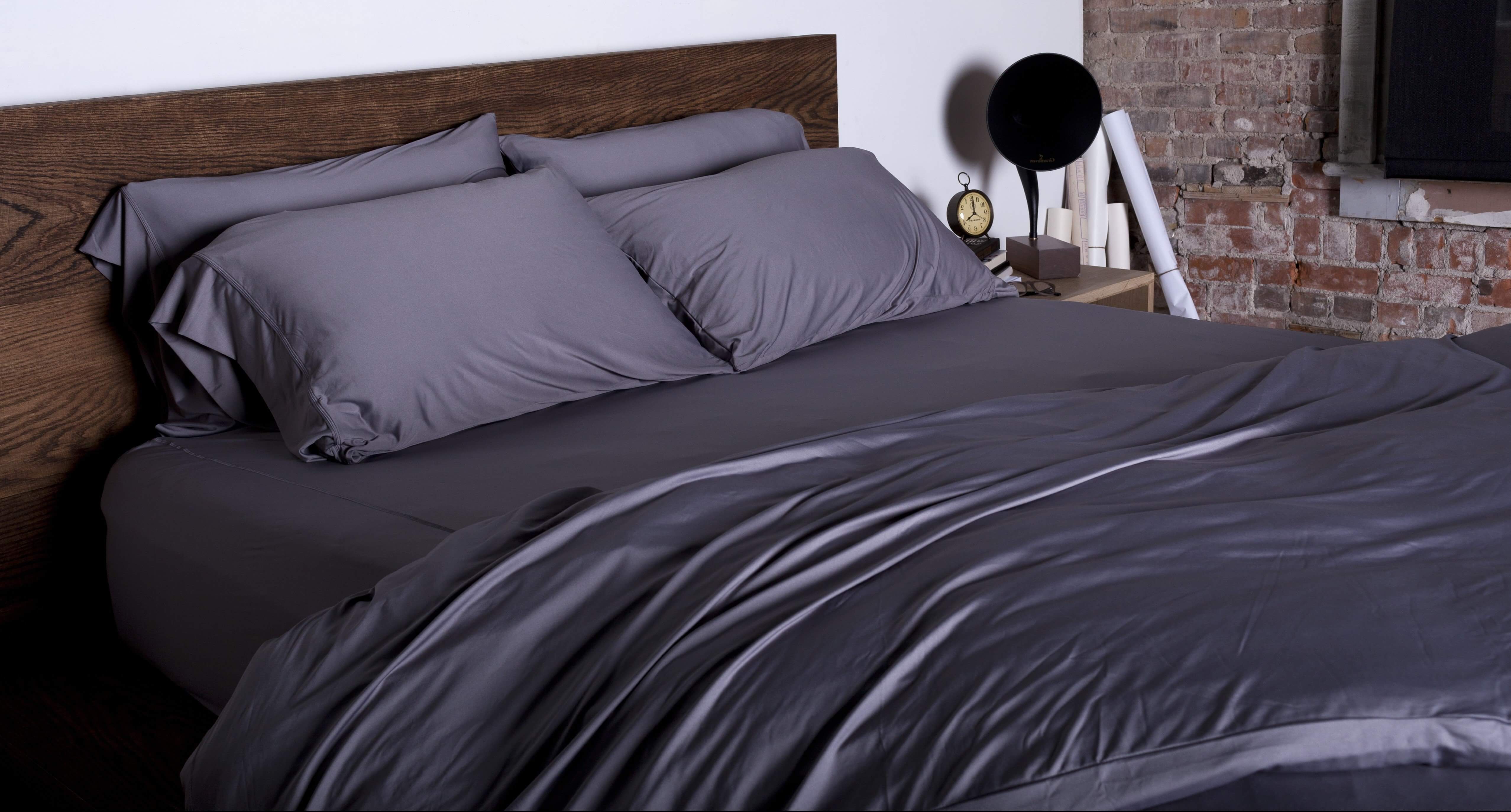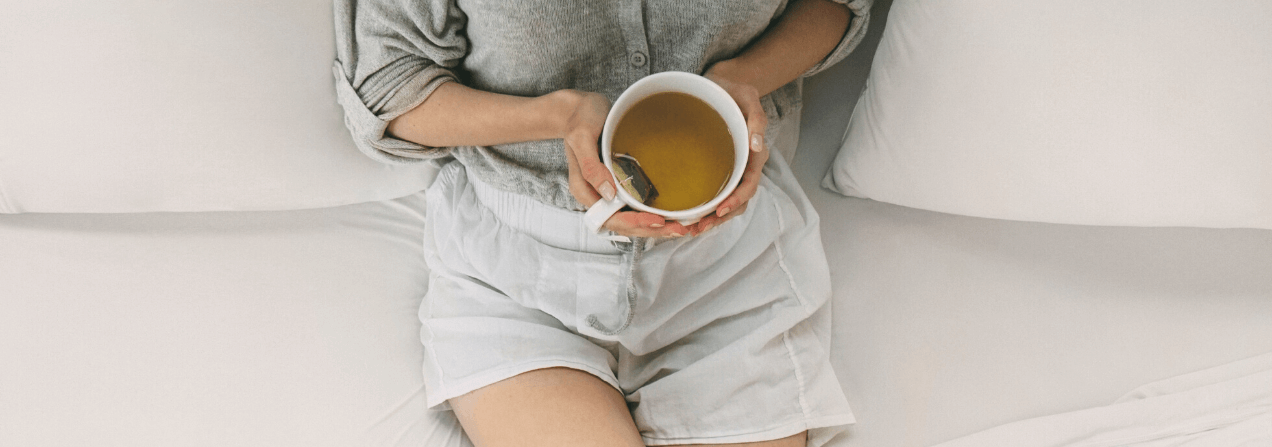Social distancing and quarantining has been challenging for everyone during the COVID-19 pandemic. Due to the state of our world, maybe you're having trouble catching a wink at night. Or, perhaps you're eating way too much comfort food, and now it's starting to show on the scale. Whatever it is, there are ways to help manage this stress, even during difficult times like these. Keep reading to learn why you're sleep-deprived and craving carbs, as well as some helpful tips to cope.
Why Am I Sleep-Deprived?

Before this pandemic hit, it may have been pretty easy for you to catch some ZZZs. You put on your sleepwear, slid under your comforter, and drifted off to dreamland. However, the new normal of social distancing and quarantining has been overwhelming, to say the least. This type of stress can release cortisol in your body.
Cortisol is a steroid hormone produced by our adrenal glands when we're stressed, which ultimately triggers our fight-or-flight response. This hormone gets a bad rep, but cortisol can help control blood pressure, boost the body's metabolism of glucose, and minimize inflammation.
Too much cortisol, though, is a problem. When cortisol levels are elevated too quickly, it can lead to less deep sleep, which is what our bodies need to help stop producing stress hormones. As a result, your body will keep releasing cortisol, and it'll make it harder for you to fall asleep in bed the next night. What's worse is that these levels of cortisol peak in the early evening — the time when you should start settling down.
Why Am I Having Carb Cravings?
With what's going on in the world right now, sometimes all you want to do is snuggle under your blanket, turn on Netflix, and go to town on a pint of ice cream. But why do we reach for junk food when we're stressed?
High levels of cortisol can rev up your appetite, especially for sugary and carb-loaded comfort foods. Carbohydrates can increase levels of serotonin — the body's feel-good chemical. However, this mood boost is only temporary and can lead to weight gain if you overindulge too frequently. So the next time you get the munchies when you're stressed out, try your best to not go overboard or grab a piece of fruit instead.
What Can I Do to Cope?

Ultimately, you need to reduce your stress to get better sleep. It can be tough during these uncertain times, but there are ways to relax and keep those cortisol levels in check. Here are some suggestions:
- Stick with a consistent sleep schedule: Go to bed and wake up at the same time daily. This helps regulate your body's internal clock, which may help you fall and stay asleep.
- Avoid screens and electronics: The blue light emitting from phone and computer screens suppresses melatonin, making it harder for you to fall asleep.
- Try yoga: Yoga provides a perfect combination of breathing, stretching, and mediation, making it a great way to calm yourself down before you hit the hay.
- Drink tea before bed: Chamomile tea, in particular, provides antioxidants that may help you relax and fall asleep faster.
- Keep the bedroom cool: For optimal sleep, the National Sleep Foundation suggests that your bedroom temperature should be between 60 to 67 degrees.
Hopefully, these tips will help you manage stress during these trying times. You may also want to consider SHEEX® Performance Bedding. Our cooling sheets and pillowcases utilize SLEEP•TECH® technology in our fabrics for unmatched comfort, breathability, and moisture-wicking capabilities. This can help you stay asleep longer and get the restorative sleep you deserve.






